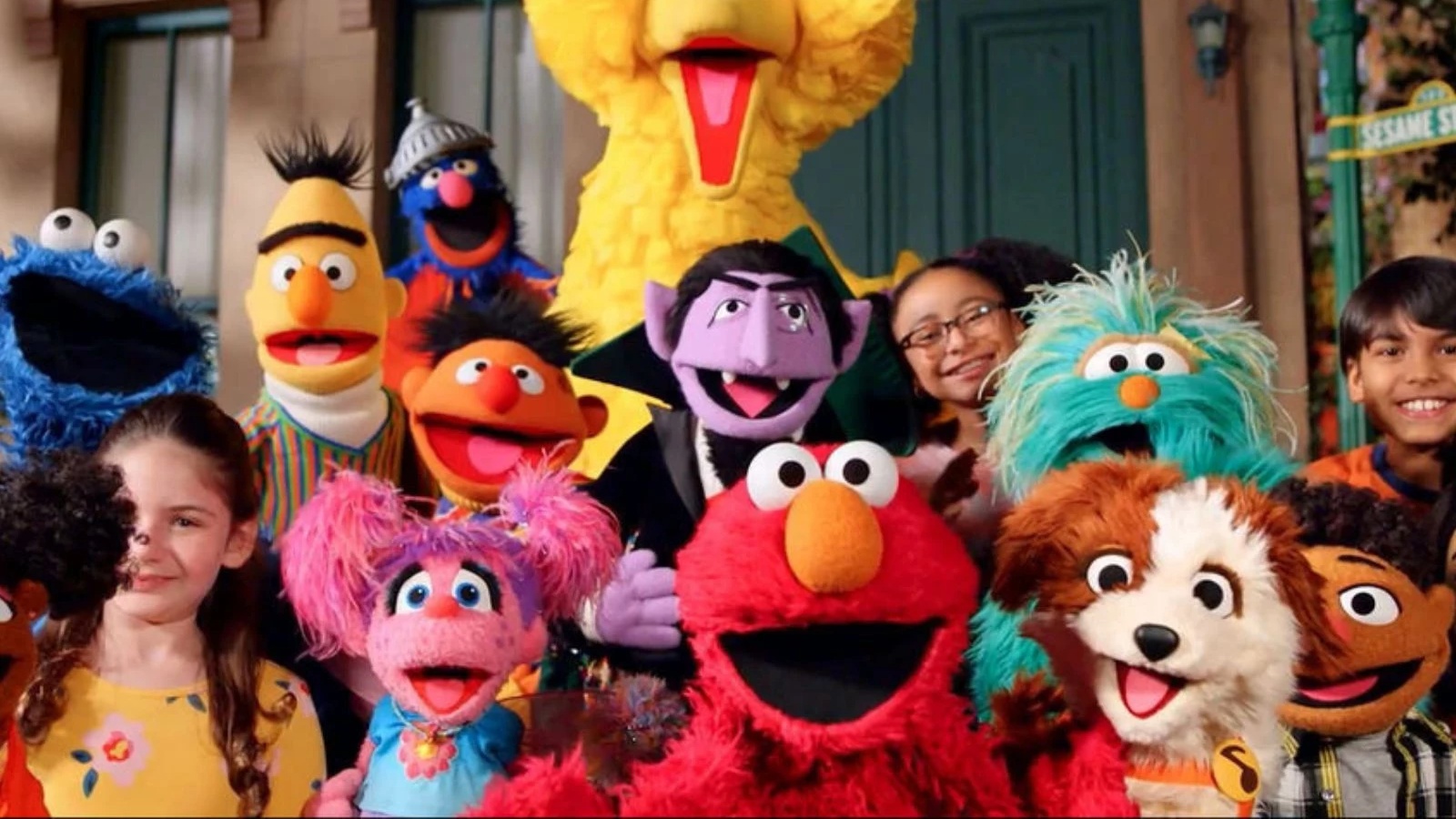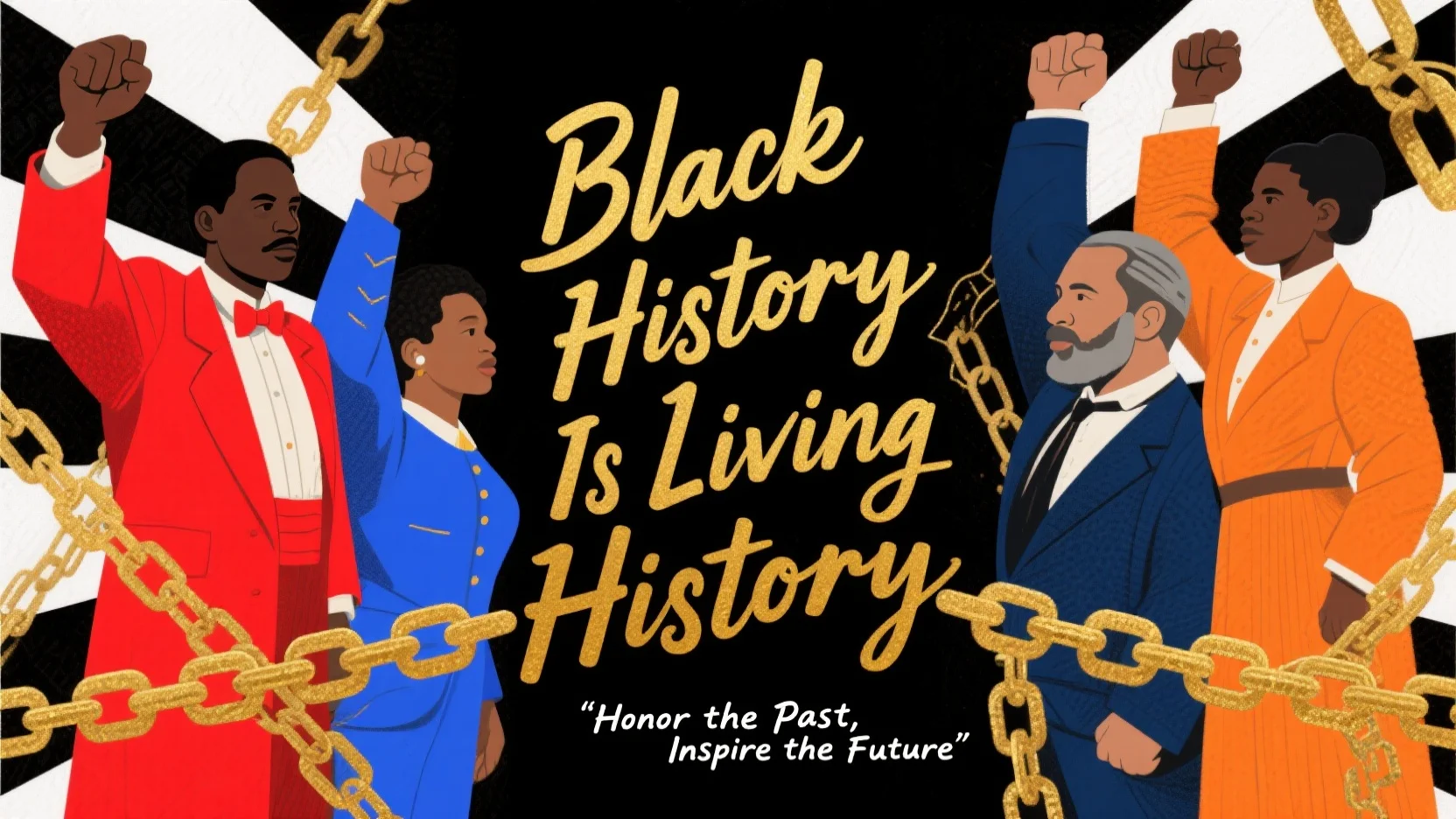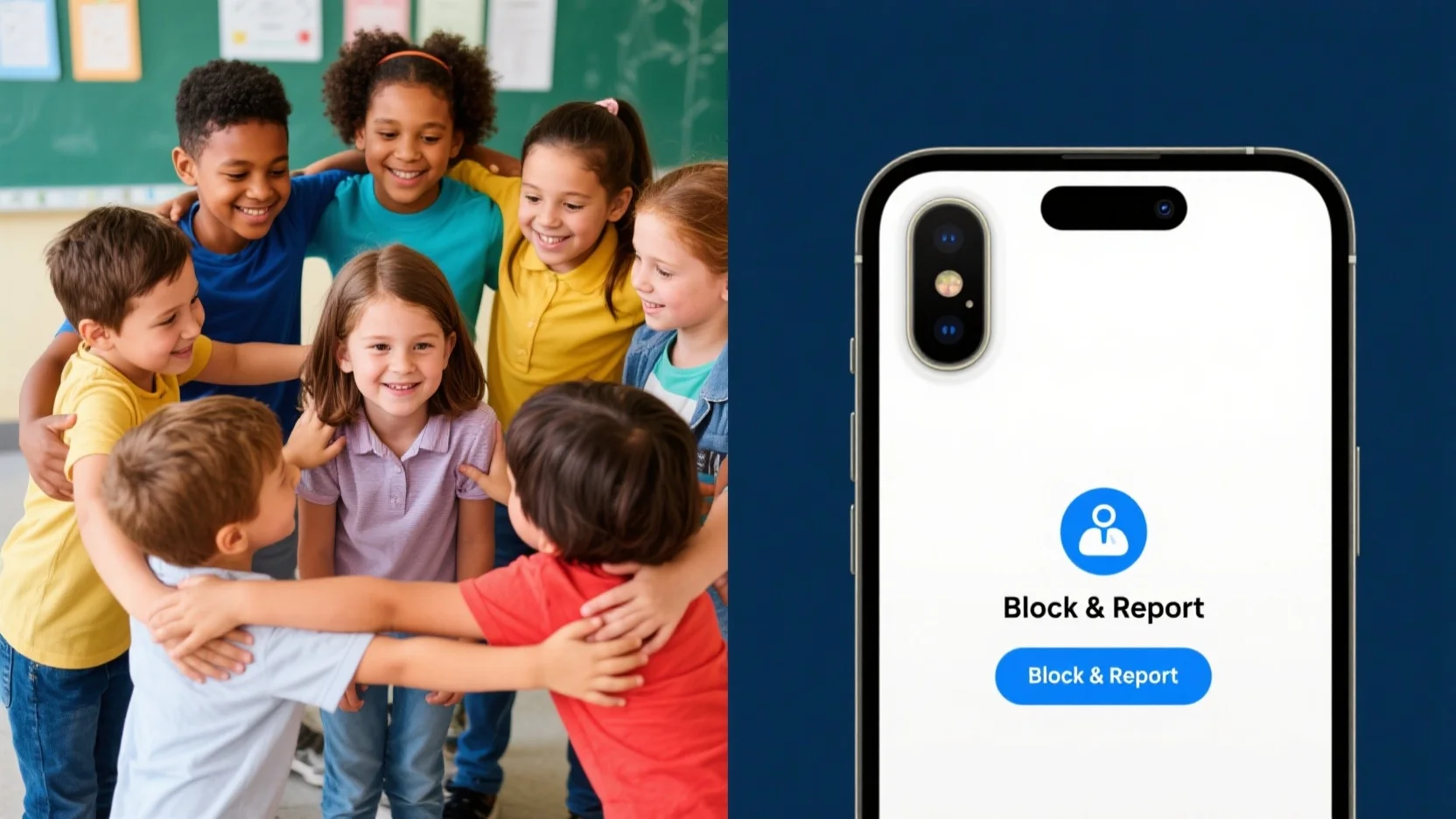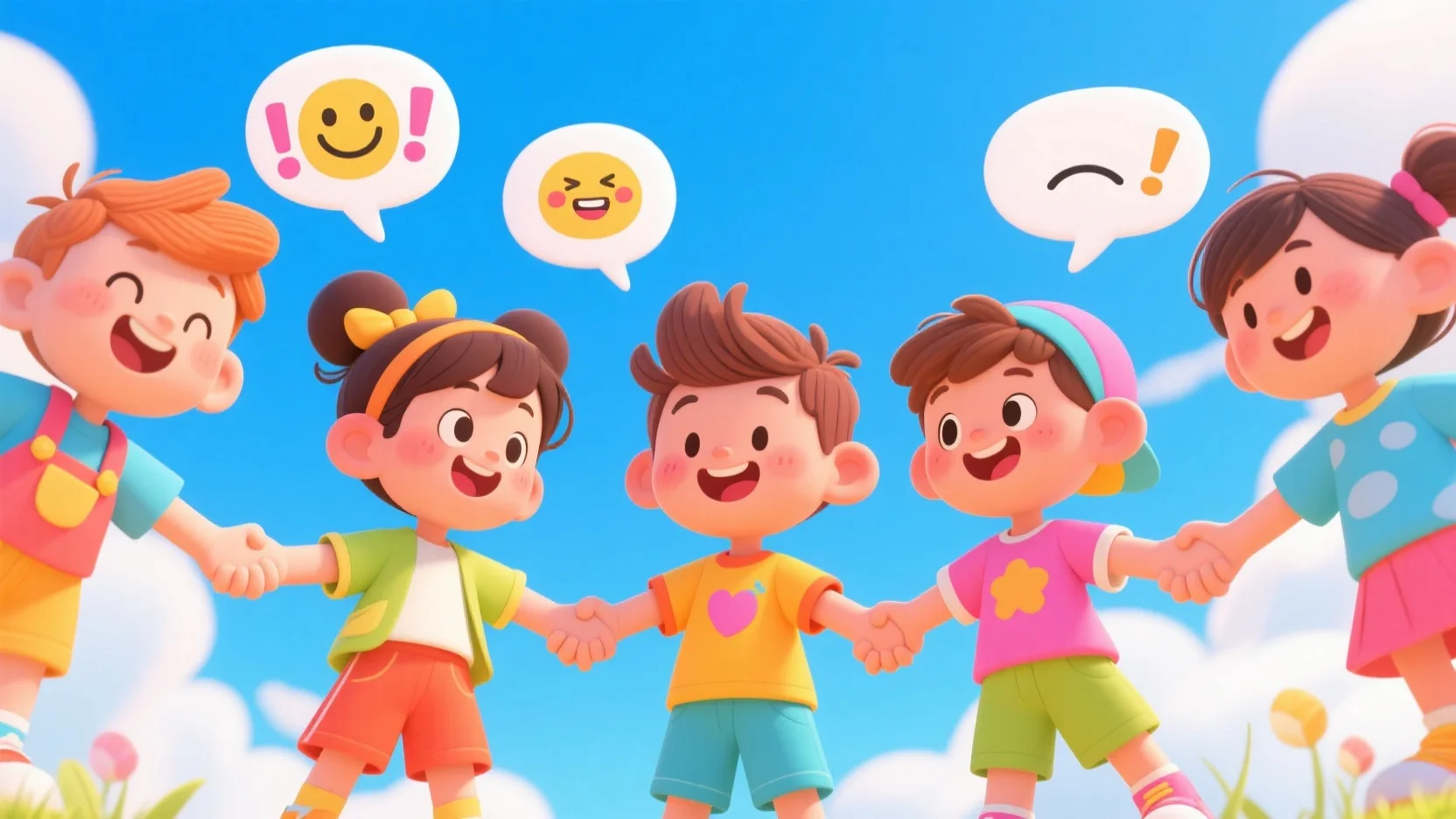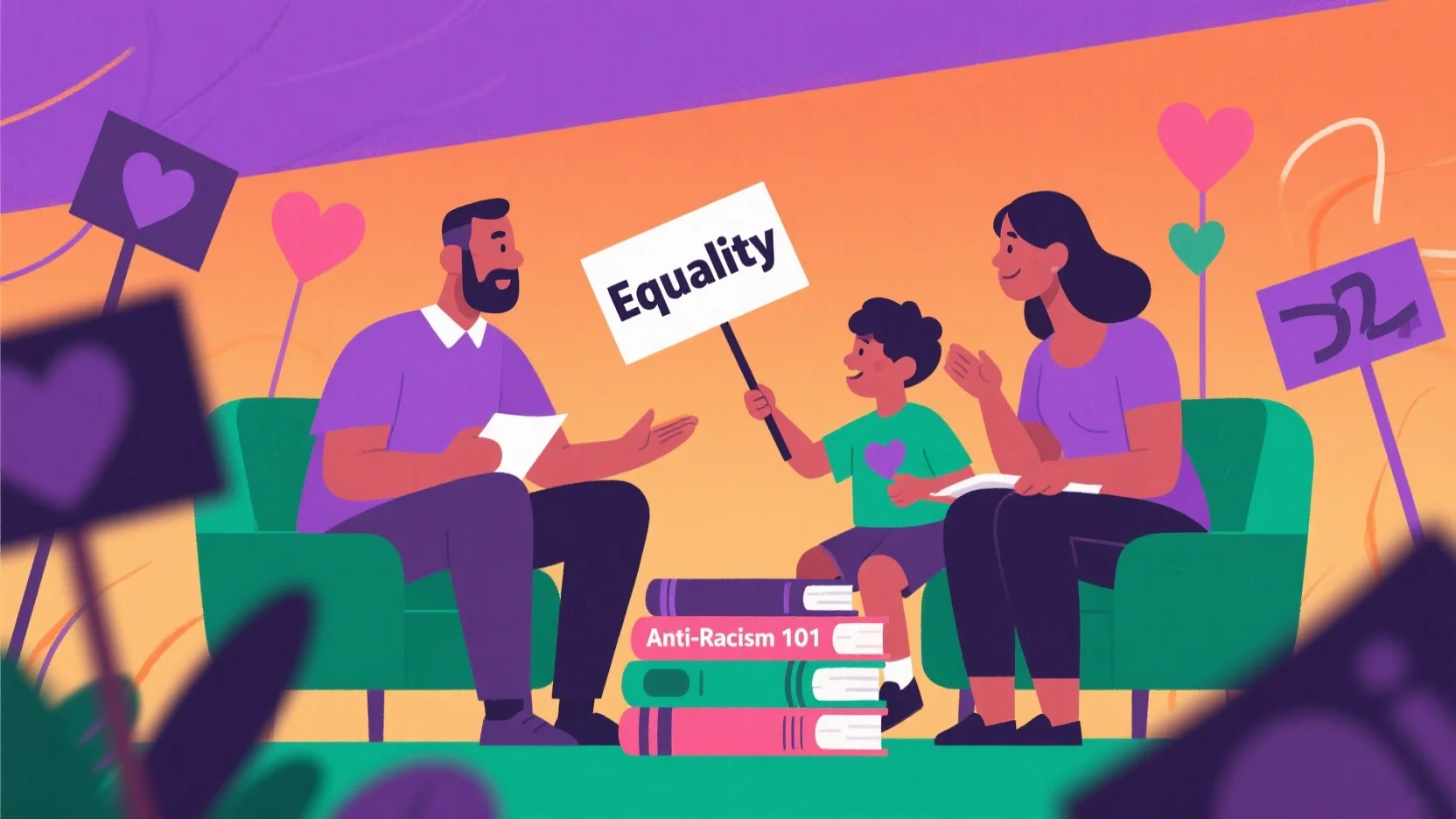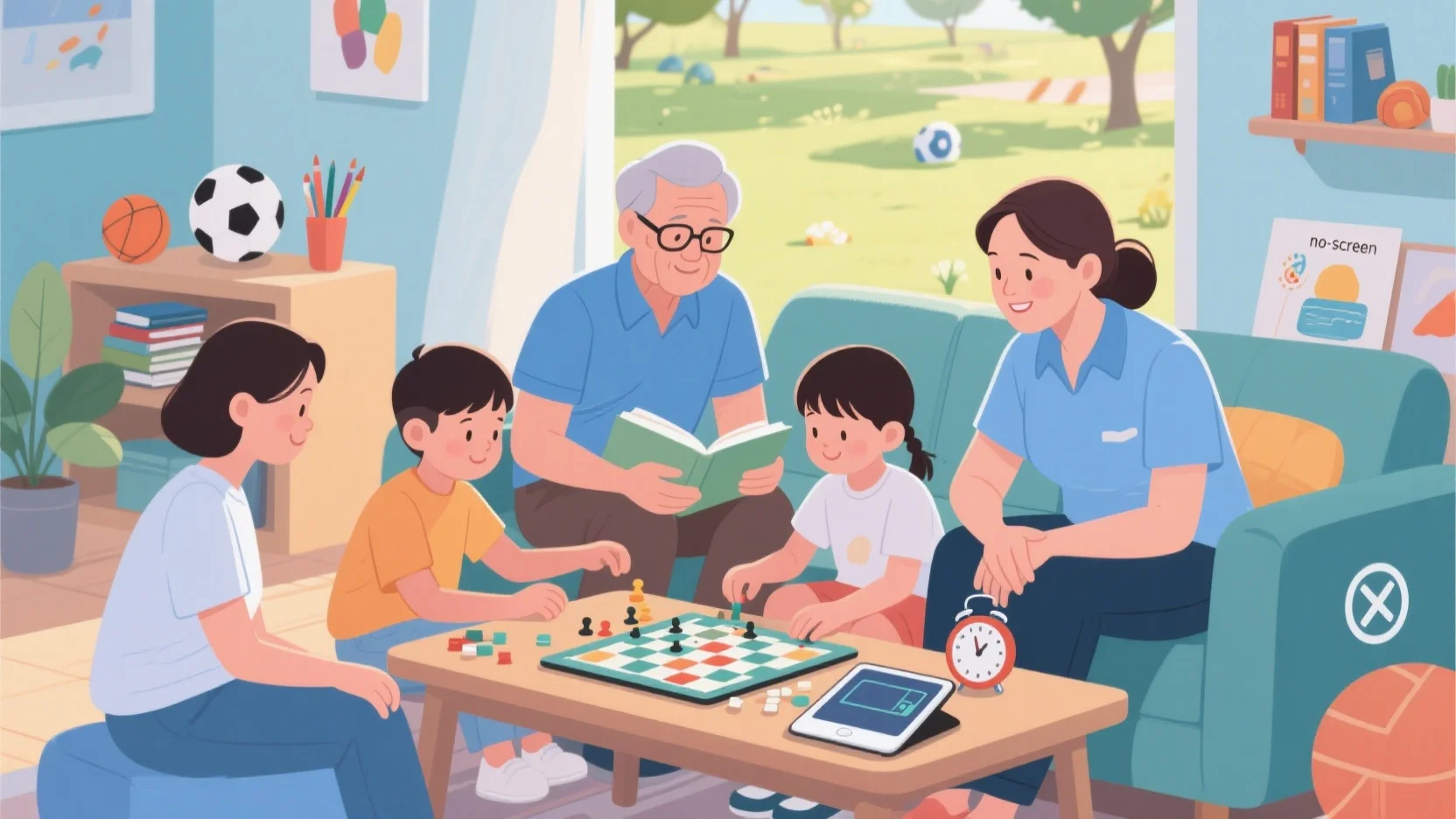Yes, educational TV shows can be highly effective for learning—when designed and used correctly. Here’s why they work, backed by research and real-world examples:
1. Proven Benefits of Educational TV Shows
- 📊 Cognitive Development:
Studies (e.g., University of Maryland) show that well-designed programs like Sesame Street improve literacy, numeracy, and problem-solving skills in preschoolers.- Example: Kids who watched Blue’s Clues scored 25% higher on problem-solving tests (Anderson & Pempek, 2005).
- 🌍 Cultural & Social Awareness:
Shows like Arthur or Doc McStuffins teach empathy, diversity, and teamwork through relatable stories. - 🔬 STEM Engagement:
Bill Nye the Science Guy and Magic School Bus boost interest in science—60% of teachers report students referencing these shows in class (PBS Survey).
2. Why Some Shows Fail
- **❌ Passive Watching**:
Shows with no interaction (e.g., fast-paced cartoons) may entertain but rarely educate (AAP warns against under-2s screen time). - 🎯 Poor Design:
Programs lacking clear learning goals or repetition (key for memory) fall short.
3. How to Maximize Effectiveness
- **✅ Choose Research-Backed Shows**:ShowSkills TaughtBest AgeSesame StreetABCs, numbers, social skills2-6Wild KrattsAnimal science, ecology6-10Brainchild (Netflix)Critical thinking8-12
- 💡 Pair with Active Learning:
- Pause and discuss: Ask, “Why did the character do that?”
- Reinforce offline: Use Daniel Tiger episodes to practice sharing or patience.
- **⏳ Limit Screen Time**:
The American Academy of Pediatrics recommends:- 1 hour/day for ages 2-5 (high-quality content only).
- Co-viewing for deeper engagement.
4. The Verdict
Educational TV works if:
- Content is interactive (e.g., prompts questions).
- Matches the child’s age and learning stage.
- Is supplemented with real-world practice.
For older kids, pair shows with apps (Khan Academy) or games (Prodigy Math) for blended learning.
Need show recommendations? Try these:
- Toddlers: Sesame Street, Super Simple Songs
- Elementary: Odd Squad (math), Xavier Riddle (history)
- Teens: TED-Ed, Crash Course
